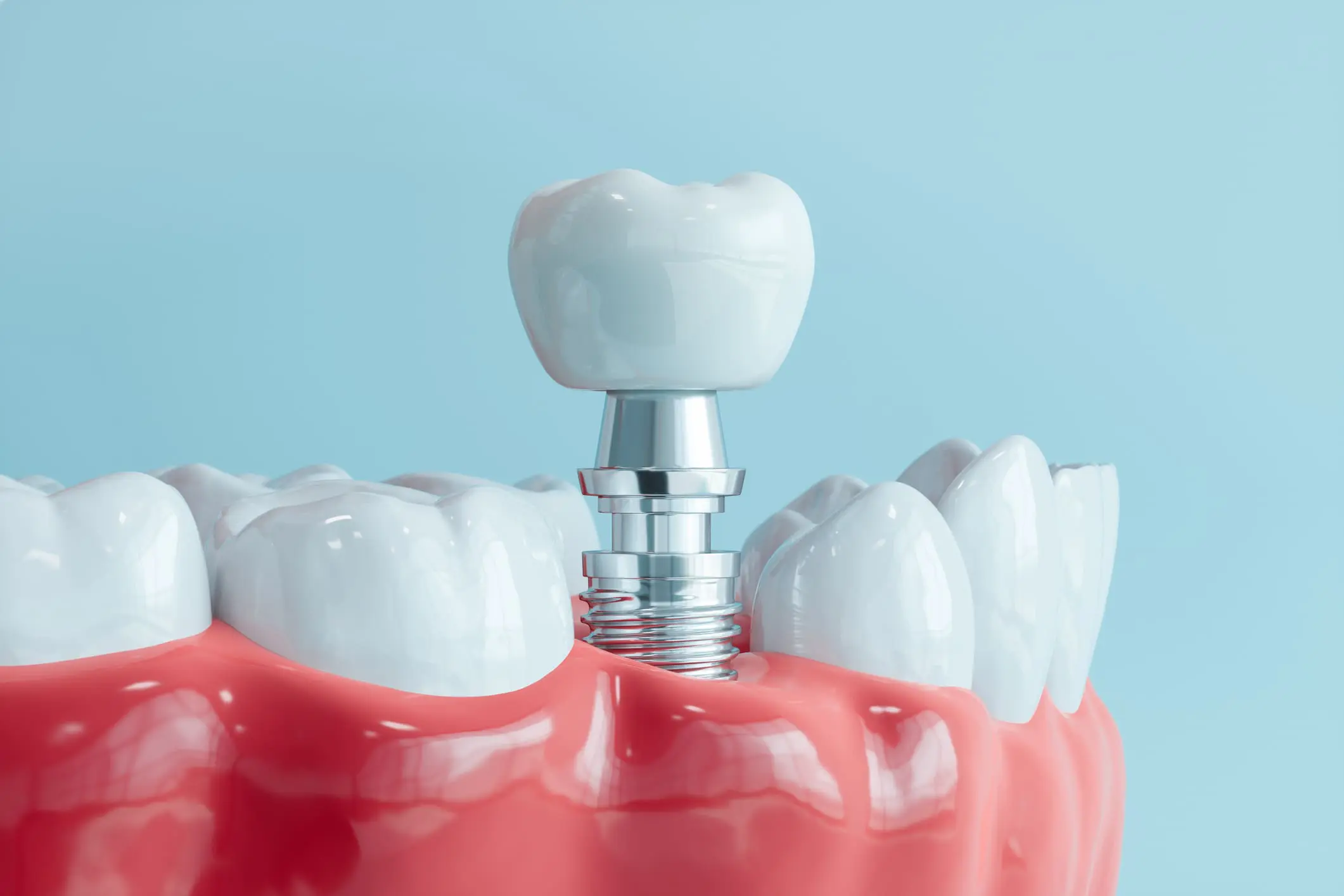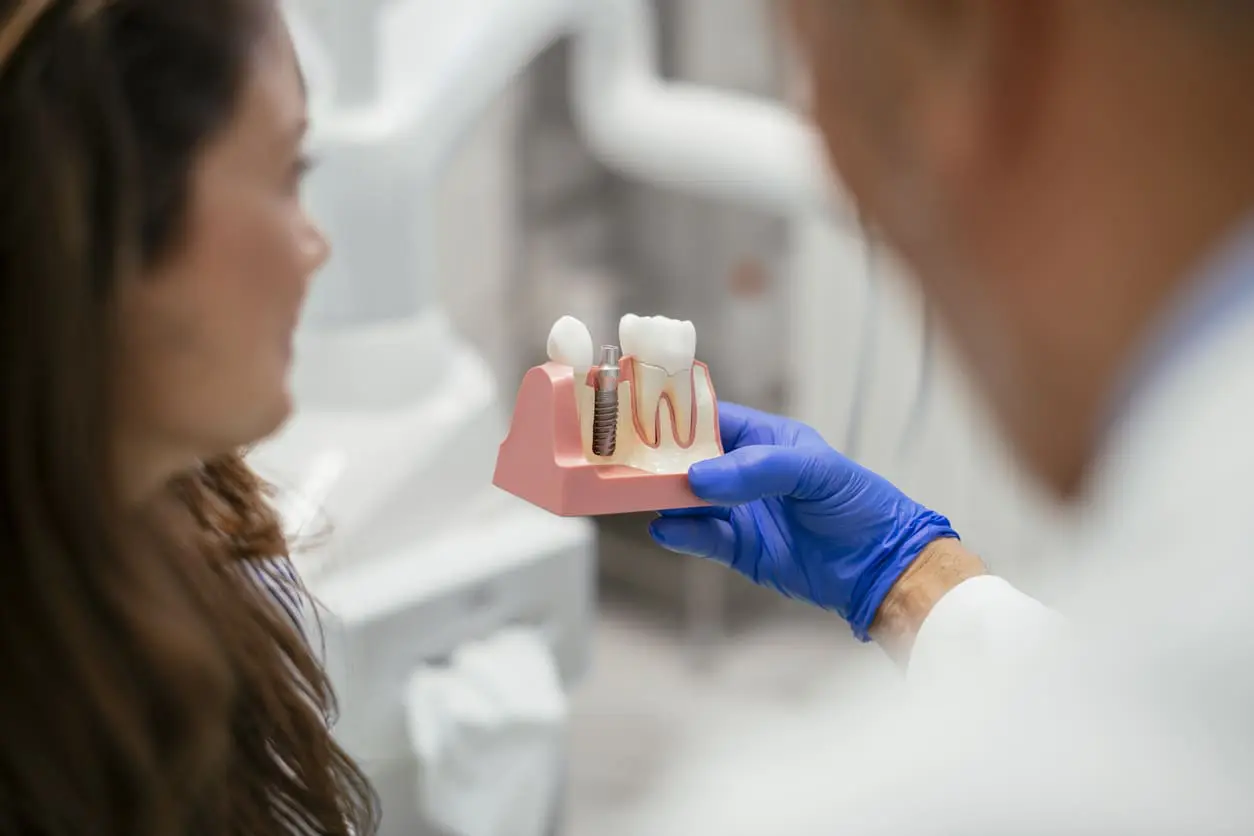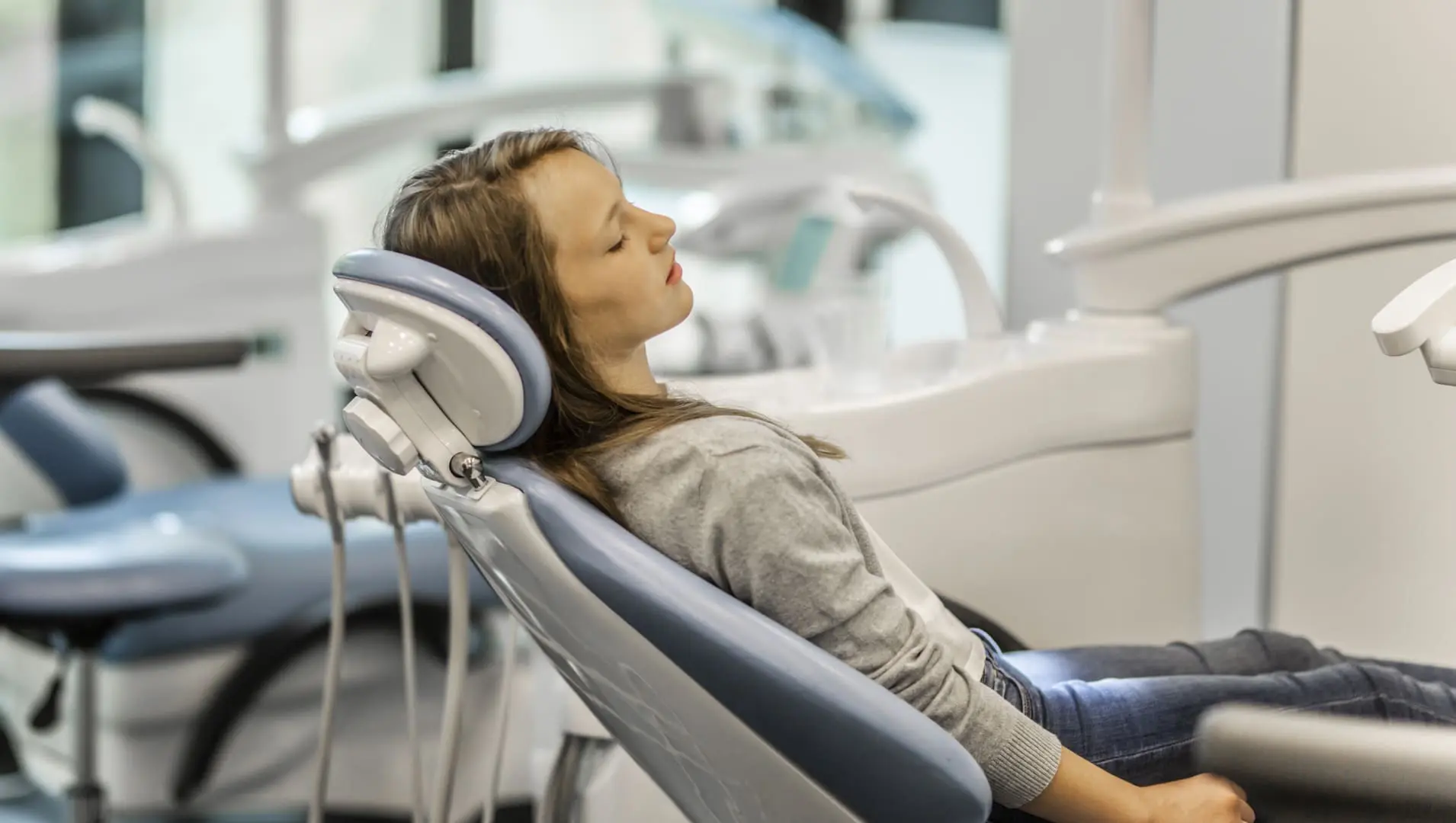About This Condition:
Oral cancer is a serious and potentially life-threatening condition that affects various parts of the mouth, including the lips, tongue, cheeks, and throat. Here, we aim to raise awareness about oral cancer, discuss common risk factors, and emphasize the importance of early detection through regular dental check-ups.
Raising awareness about oral cancer, understanding its risk factors, and prioritizing regular dental check-ups are key components in the fight against this disease. By fostering a culture of prevention and early detection, we can make significant strides in reducing the impact of oral cancer on individuals and communities. Remember, your oral health is an integral part of your overall well-being, and regular dental check-ups are your frontline defence against oral cancer.
Understanding Oral Cancer:
1. Risk Factors:
Several factors contribute to the development of oral cancer, including tobacco use (both smoking and smokeless tobacco), excessive alcohol consumption, prolonged sun exposure (for lip cancer), human papillomavirus (HPV) infection, and a family history of oral cancer.
2. Common Signs and Symptoms:
It’s crucial to be vigilant and recognize potential signs of oral cancer, such as persistent mouth sores, red or white patches on the gums, tongue, or lining of the mouth, difficulty swallowing or chewing, unexplained weight loss, and persistent ear pain.
Prevention Strategies:
1. Tobacco and Alcohol Moderation:
Limiting or quitting tobacco use and alcohol consumption are pivotal steps in preventing oral cancer. These lifestyle changes not only reduce the risk of oral cancer but also contribute to overall health and well-being.
2. Sun Protection:
For those at risk of lip cancer due to prolonged sun exposure, using lip balm with sun protection and wearing a wide-brimmed hat can help reduce the risk.
3. Healthy Diet:
Consuming a diet rich in fruits and vegetables, particularly those high in antioxidants, may contribute to a lower risk of oral cancer. Adequate nutrition supports overall immune function and helps combat cell damage.
Importance of Regular Dental Check-ups:
1. Oral Cancer Screenings:
Regular dental check-ups play a pivotal role in the early detection of oral cancer. Dentists are trained to identify early signs of abnormalities during routine examinations. Consult our Dentists for a comprehensive Head & Neck Examination for screening and early detection.
2. Patient Education:
Dental professionals can educate you about the risk factors associated with oral cancer and encourage lifestyle changes to reduce those risks. This proactive approach empowers individuals to take charge of their oral health.
3. Biopsy and Further Evaluation:
If suspicious lesions or abnormalities are identified, a dentist may recommend a biopsy or refer the patient to a specialist for further evaluation. Early diagnosis allows for more effective treatment and improved outcomes.
Advocacy and Support:
1. Support for Patients:
Offering emotional support and resources to patients diagnosed with oral cancer is essential. Dental professionals can collaborate with medical professionals and support networks to ensure holistic care for patients undergoing treatment.
WE CAN HELP WITH ANY ISSUES YOU MAY BE HAVING AND ALWAYS OFFER ADVICE AND OPTIONS TO SUIT ALL INDIVIDUAL NEEDS.



